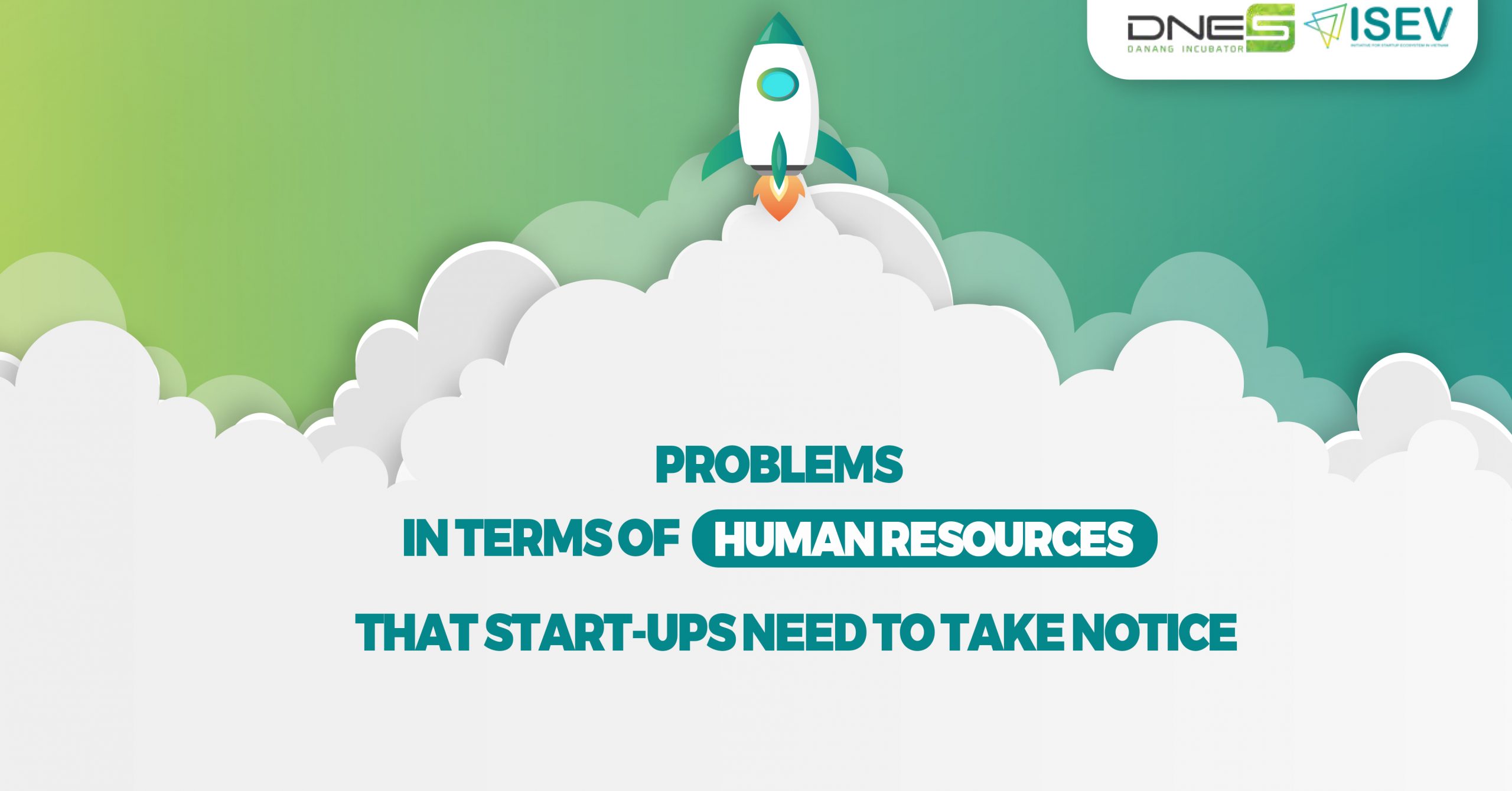The growth in angel investor networks in Southeast Asia is a heartening trend and one that has Jeff Hoffman, serial entrepreneur who used to be with American travel services firm Priceline, excited.

(Photo: SURF 2017)
“I am more excited about angel investments than venture capital. There are a lot more angel business networks growing up here in Southeast Asia… I think it’s all good news. More VC money is coming to Southeast Asia, but more business angels are also being created here,” he says.
Hoffman, who also founded online auction marketplace uBid.com and branding and design company ColorJar, believes established, bigger players in travel industry will continue to run the risk of getting beat by innovative companies similar to how Airbnb and Uber have disrupted the market.
“There will be startups that are more innovative than big companies that are taking control of the market. That’s good for customers in the end,” he says.
Having supported the White House, the US State Department, the United Nations, and foreign governments on economic growth initiatives and entrepreneurship, he has brought his expertise to a host of different countries around the world, including Vietnam recently.

(Photo: SURF 2017)
DEALSTREETASIA met with Hoffman at SURF, an annual startup event in Da Nang, Vietnam, to talk about travel startups, entrepreneurship and investments in emerging markets. Edited excerpts:
Priceline has gained tremendous growth over the years. What is it about the company that drives investor appetite?
I think Priceline’s success came from operational excellence. The company was designed to be efficient, to continue to offer more transactions that generate lower per transaction cost. Being well designed and efficiently operated were a focus of the company for many years, and that’s why investors love it. It continues to deliver quarter-after-quarter profits because it focuses on an efficient business.
The company has done a lot of acquisitions over the years. The acquisitions were very strategically in line with the company’s growth path.
In travel, what do you think are the untapped verticals?
The next wave is going to be more personalised travel. I don’t want a normal tourist experience, I want someone who was born and raised in Vietnam to show me their Vietnam. There’s a lot of work going all over the world but here, too, people are trying to create more personalised travel.
Travel is all one giant vertical. It includes all other verticals that are being built from artificial intelligence (AI) to Big Data. People that bring all of that toolset to make my travel experience better will win.
There is growing competition in travel with innovative companies such as Airbnb and startups from China and Japan challenging US companies. How can they beat them?
Some of them can’t. They will get beaten by innovation and good ideas in the same way that the transportation industry never saw Uber coming, or the hotel industry never saw Airbnb coming. And it will happen again. There will be startups that are more innovative than big companies that are taking control of the market. That’s good for customers in the end.

(Photo: SURF 2017)
Other than travel, which potential areas do you see from this emerging region?
What’s good is that you’ve got other verticals like agriculture. I met a lot of people working on agriculture startups. And the world needs that. There’s not enough food to feed the world. So we need innovation in agriculture, and we have seen some innovative startups in that area, for example, right here in Vietnam.
You have advised in the past to look beyond the industry that companies operate in. How does that help?
For example, in different industries like banking or travel, we both have customer service. How can we handle the customers when they have a problem? Look at other industries to see how they are solving similar problems. Maybe the banking industry can come up with a solution that we can use for upset travellers. I think it’s really important to see what ideas other industries have, and if they can be applied to what we are doing in travel. A lot of people are not looking at that, they’re just looking at their industry.
You have built a lot of success with IPOs and exits, but you also had a couple of businesses that failed. What is your advice for young entrepreneurs from that journey?
I think one of the most important things is to spend as much time as you can out of the office. What I mean by that is go out to the market where the customer is, and spend a lot of time with them as early in the process as you can. What happens is a lot of startups are told to create an MVP (minimum viable product), so they are in their office all day for months and months building an MVP. There will be the case that they launch it and no one likes it.
So why are you waiting until now? At the very beginning, when you have an idea, you need to be out in the market talking to the people you expect to use it, and say “If I build this thing, would you pay for it, how much will you pay?” People are not doing customer discovery early enough in the process, while it saves your time. If no one likes your idea anyway, you do not need an MVP, but if they like it, you have to build it.

(Photo: SURF 2017)
You have also talked a lot about the toolkit for people to become entrepreneurs. How can one leverage it?
By looking outside of Vietnam. That’s why we call the Internet the democracy of information. There are tools available for everybody in the planet on the same Internet. My point is, you can look around Vietnam and say there’s not much here. But who cares? Go on the internet. Everything you need to learn is out there now.
That comes from the entrepreneurs themselves. How about external resources such as government support and outside investment?
That’s why there is SURF Da Nang and other such events. We have government people here today. Government has to sit in there and hear that entrepreneurs are important and what entrepreneurs need from the government to succeed. The answer is, we have to bring everybody to the same table, so the whole ecosystem can talk together.
What is your view of venture capital investments in Asia, especially the emerging markets of Southeast Asia?
I think it’s getting better and better. But I am more excited about angel investment than venture capital. There are a lot more angel business networks growing here in Southeast Asia. These are local people who were entrepreneurs and made their own money in the region, which is very different from a VC approach. I think it’s all good news. More VC money is coming to Southeast Asia, but more business angels are also being created here.

(Photo: SURF 2017)
What is your approach to investing in Asia?
Here’s the good news. It’s no different from investing anywhere else in the world. When we find really impressive entrepreneurs with the good ideas, it does not matter which country they are in. If they are good, they’ll get funded. Borders are going away in investing.
Ngoc Nguyen – dealstreetasia.com




